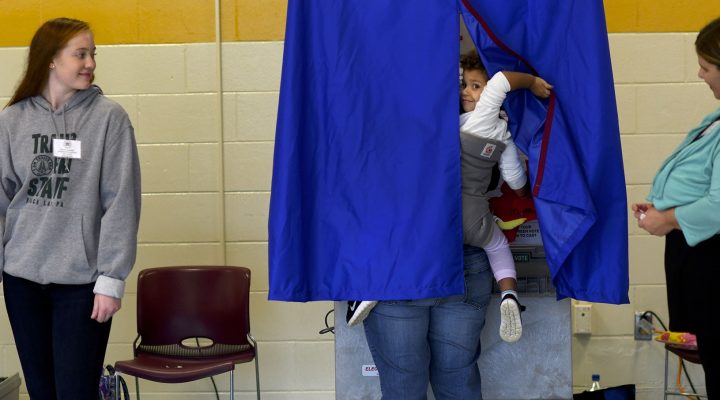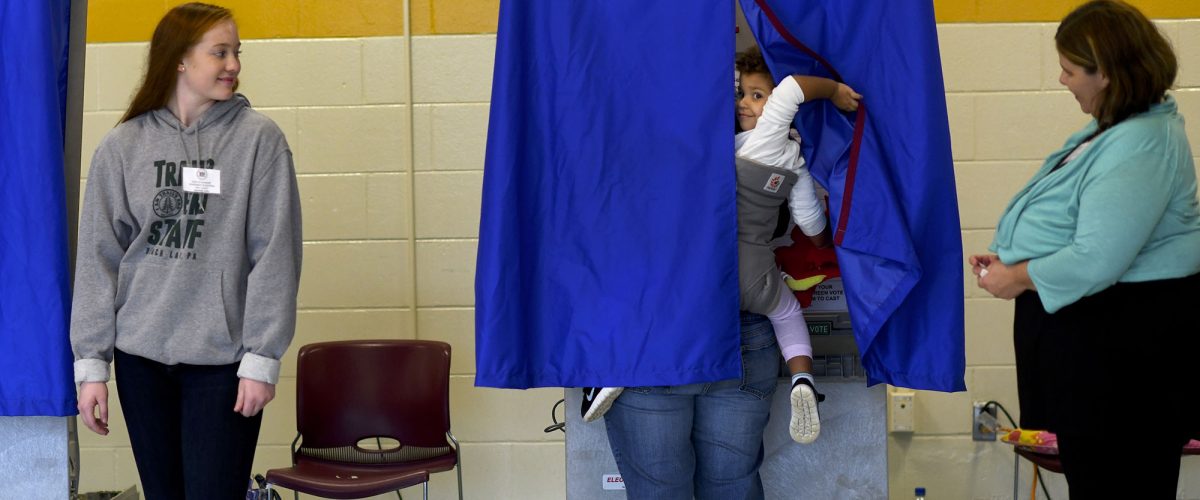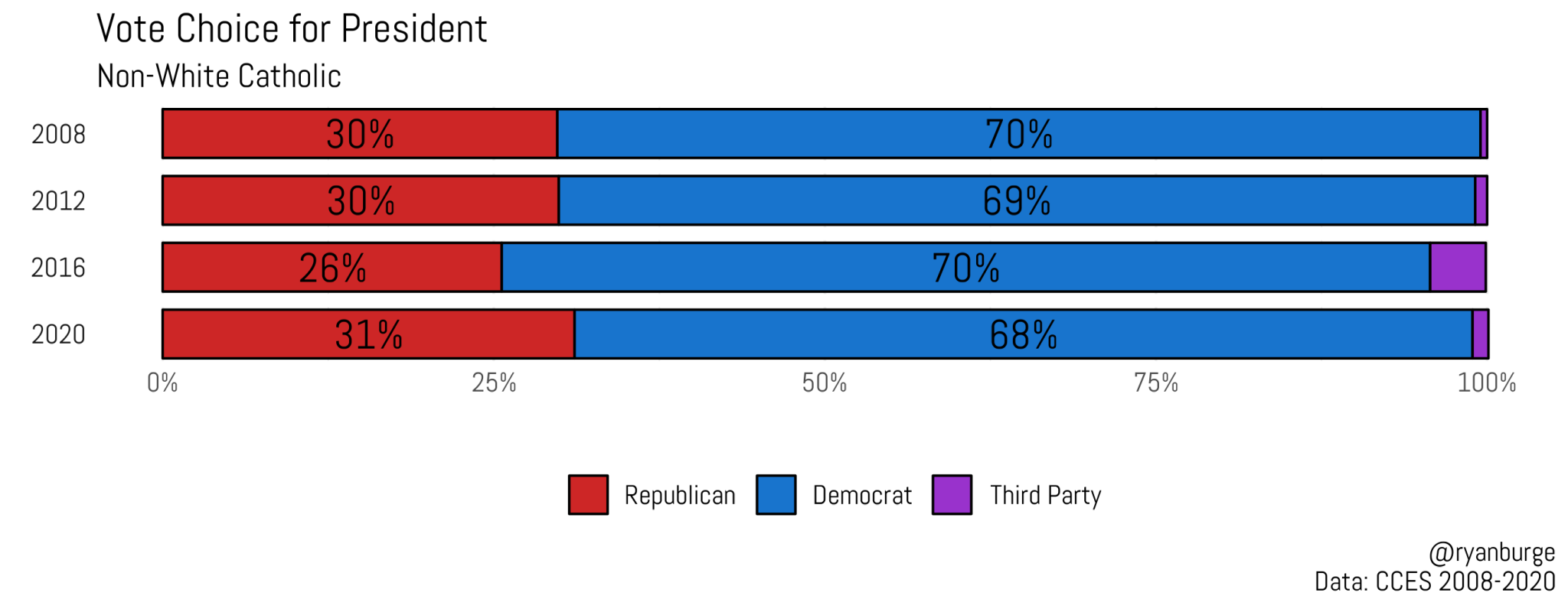As the 2024 election looms over us like a dark cloud, many Americans are fearful of the outcome. Will Donald Trump win a second term? Even asking the question has driven me to my Bible and my bourbon (Pappy Van Winkle; in a crisis of this magnitude only the best will suffice). Will his already announced campaign of revenge against his enemies and pardons for the January 6 “patriots” become the new order?
If Trump wins, Liz Cheney warns the U.S. could become a dictatorship. She says: “I think it’s a very, very real threat and concern. And I don’t say any of that lightly and frankly, it’s painful for me as someone who has spent her whole life in Republican politics, who grew up as a Republican to watch what’s happening to my party and to watch the extent to which Donald Trump himself has basically determined that the only thing that matters is him, his power and his success.”
There is one major source of consolation for lovers of democracy. According to the demographics, the numbers, there’s more than a good chance that Trump, if he somehow avoids federal prison, will lose the election — again.
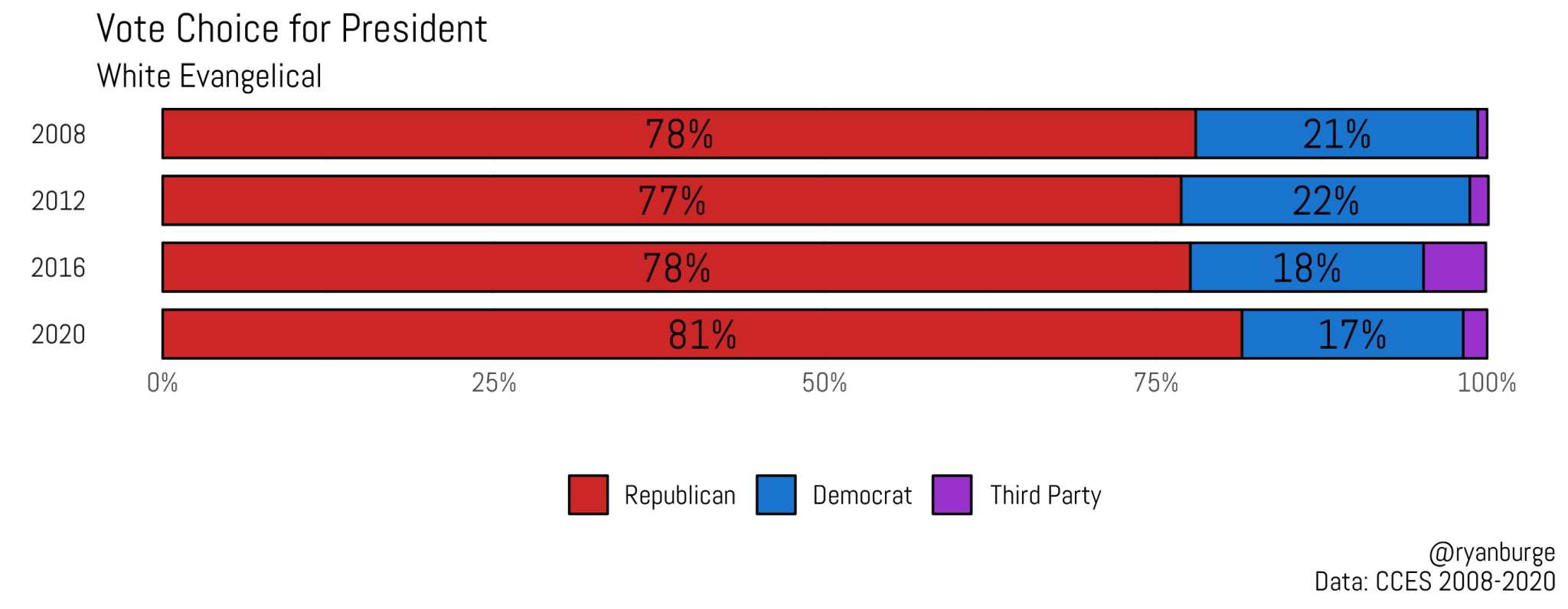
2020 presidential election data
Evangelicals will fight for him
But evangelicals, having saddled the Trump stallion, seven years ago, will do everything in their power to hand him victory again. The evangelical vote for Trump has been consistently above 80% in the 2016 and 2020 elections. The pundits are all convinced evangelicals will “stand by their man” in 2024.
NPR says, “Most white evangelicals still support Donald Trump.” TIME explores the subject, “Why evangelicals went all in on Trump, again.”
“They know they don’t have a chance without him.”
White evangelicals are standing by their man. One clear reason: There is no one else. He is the entire evangelical strategy. He is the warrior, the strong man, the tough guy, the mafia don, the tyrant. They need Trump. They know they don’t have a chance without him.
In the 2020 presidential election, 159 million ballots were cast nationwide. Those votes came from 66.7% of the eligible voting population of 239 million Americans.
But white evangelicals show up to vote at higher rates than nearly anyone else, even though their overall share of the U.S. population is declining. Many Americans are notoriously irregular voters.
If evangelical support for Trump in 2024 mirrors 2020 levels, that will produce about 30 million votes for him. But if voter turnout mirrors the 2020 election, Trump will need more than 75 million votes to win the popular vote (Electoral College being a different matter).
That means white evangelicals alone cannot elect a president. But they remain a large enough and reliable enough voting bloc to make a huge difference.
According to Pew Research Center, Christians account for the majority of registered voters in the U.S. (64%). But this figure is down from 79% as recently as 2008. The share of voters who identify as religiously unaffiliated has nearly doubled during that span, from 15% to 28%. In other words, there are more religiously unaffiliated voters today than there are white evangelicals.
White evangelical Protestants account for 18% of registered voters today, down from 21% in 2008. A rising secular vote and a declining Christian vote are not good indicators for evangelicals’ preferred candidates, which are overwhelmingly Republican.
Republicans are aware of the demographic challenges they face. They have systematically engaged in efforts to undermine and invalidate the Voting Rights Act. Due to voting restrictions employed by Republicans, there are 7 million fewer registered voters in America today than in 2022.
If you reduce the pool of eligible voters while keeping your own base enfranchised, you make it easier for your candidates to win.
Yet the numbers of eligible voters and their known preferences demonstrate that Mainline Christians, progressive, Christians and the religiously unaffiliated have enough voting power to counteract the white evangelical influence. In November 2024, that would spell defeat for Trump.
If the rest of America votes with the same level of commitment demonstrated by evangelicals, there is no way Trump can win.
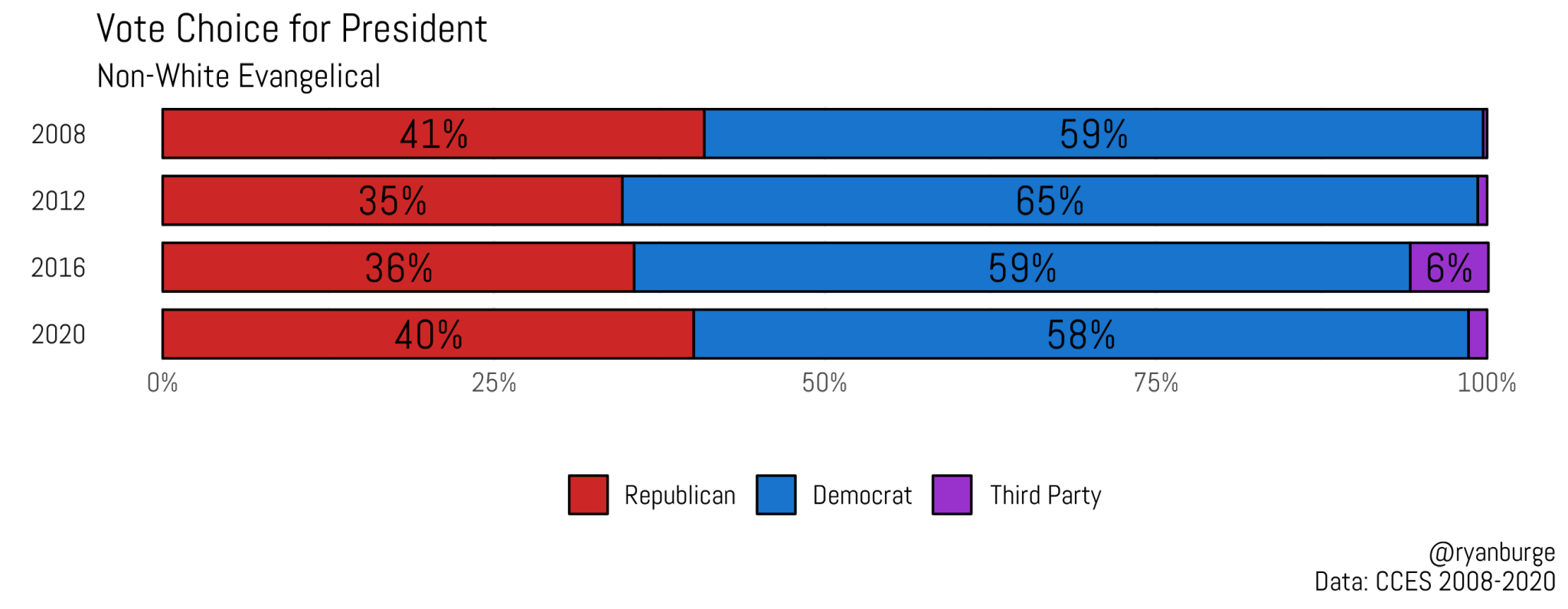
2020 presidential election data
Behind the numbers
Evangelicals have underestimated the secular forces that are relentlessly advancing in the United States, threatening to make all Christian movements a redundant minority. It’s not the Democrats that should keep evangelicals awake at night. It is our post-truth secular culture.
Like the rising waters of the ocean, secularism is lapping into every corner of American life. Even churches are secular now. When you can’t tell the difference between a TED Talk and a sermon, you know secularism is at home in the church.
“Moving 3% of evangelicals away from voting for Donald Trump on Election Day makes it, by our estimates, impossible for him to win in those states.”
A less religious and more racially diverse population are ominous signs for evangelicals.
White evangelicals find themselves in a paradoxical moment, as their overall share of the U.S. population steadily declines. They wield outsized power in American politics because of their grip on the Republican Party.
But two long-term trends have resulted in waning numbers and cultural influence for white evangelicals: increasing racial diversity, at the same time that Americans as a whole are becoming less religious. Latino evangelical communities appear to be growing, a trend driven in part by immigration patterns. Anti-immigration, wall-building American evangelicals struggle to merge with Latino evangelicals.
Doug Pagitt, executive director of Vote Common Good, which works to persuade evangelicals and Catholics to support progressive candidates and policies, says his group is focusing on a few key states, “because moving 3% of evangelicals away from voting for Donald Trump on Election Day makes it, by our estimates, impossible for him to win in those states.”
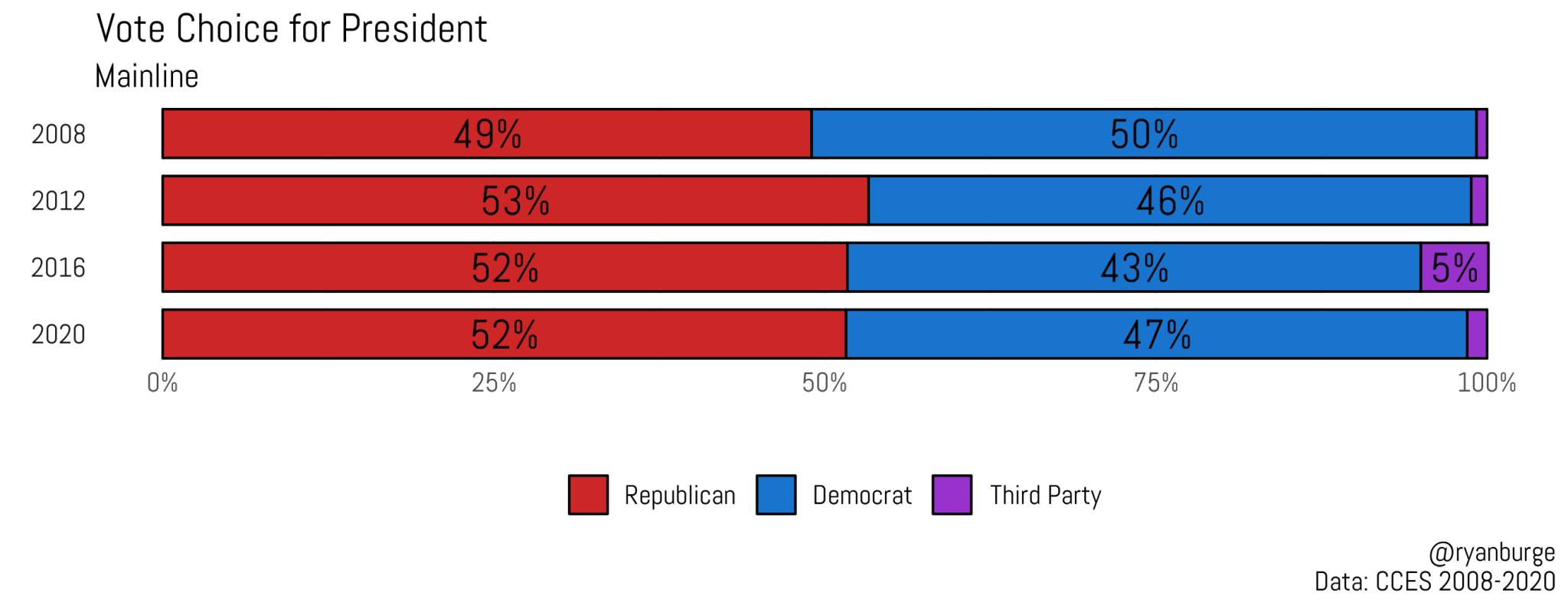
2020 presidential election data
The paranoid style
The symptoms of the evangelical dis-ease with American culture bear all the earmarks of what historian Richard Hofstadter described in the early 1960s as the Paranoid Style of argument, a style that identifies clandestine figures haunting the body politic.
Our history shows the frequency of Americans falling into fits of paranoia. Those using the Paranoid Style included the anti-Masonic movement of the late 1820s, anti-Catholics in the late 19th century, opponents of FDR’s New Deal in the 1930s, the devotees of the John Birch Society and McCarthyism in the 1950s, and members of both the White Citizens’ Councils and Black Muslims in the 1960s.
“Trump has sold evangelicals a ticket to a new world that never will come.”
“I call it the Paranoid Style,” said Hofstadter, “simply because no other word adequately evokes the sense of heated exaggeration, suspiciousness and conspiratorial fantasy that I have in mind.” In the United States in particular, he said, “ethnic and religious conflict have plainly been a major focus for militant and suspicious minds of this sort, but class conflicts also can mobilize such energies.”
Trump sells paranoia brilliantly. He is the best snake oil salesman in American history. Trump has sold evangelicals a ticket to a new world that never will come. He has offered to take them back to the Promised Land — one that never existed. The old fantasy: America was great. The new fantasy: Trump will make America great again.
Instead, he is on the verge of returning them to the wilderness in a way as severe as their last exile after the Scopes Monkey Trial. In that era, the preaching of Harry Emerson Fosdick and the satire of a newspaperman from Baltimore, H.L. Mencken, routed the evangelicals. They entered a self-imposed exile of more than the biblical 40 years but with the same kind of devastating results.
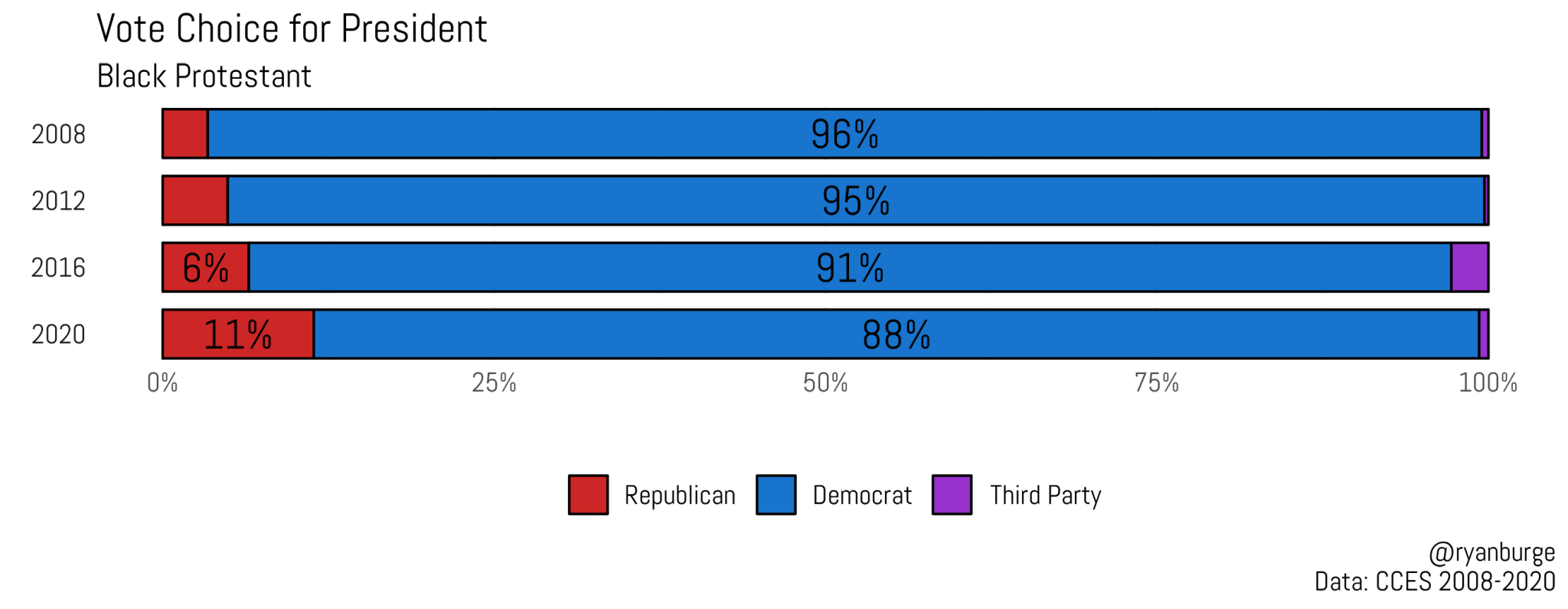
2020 presidential election data
Four factors against evangelicals
I am convinced several factors are working against the evangelical ability to win the 2024 election for Trump.
First, eternally optimistic Americans — why else do we buy so many lottery tickets? — will not long abide in the land of fear, paranoia, anger and disgust. Hopefully sooner rather than later, the exodus of evangelicals from the fake world of Trump will become a horde of immigrants retreating into reality.
Second, evangelicals can be their own wort enemies. They have skills, acquired over many battles, that work against the success of their movement. For example, evangelicals are more likely to reduce the size of the circle of inclusion.
With militant, zealot-like determination, evangelicals have locked down their small circle, closed the border and posted guards authorized to allow admittance only to the godly.
Third, evangelicalism is now rooted in turning away from good faith participation in the larger community of faith. The ensuing politics of polarization and authoritarianism destroys any hope of ecumenical cooperation in discovering truth, decency, unity, racial progress and academic expansion.
“Evangelicals think they are being courageous, radical and different by all being exactly the same as each other.”
Fourth, the dreary conformity of the evangelical movement. The evangelical beating heart involves a fantasy of atomism, an unhealthy dogmatic contrarianism. In the Monty Python movie Life of Brian, the crowd repeats, “We are all individuals.” Evangelicals think they are being courageous, radical and different all by being exactly the same as each other.
Evangelicals are once again becoming what they always have been: a minority voice. They control what they control — some denominations and one political party — with an iron grip, a collection of private Christian academies and universities, and an array of conservative think tanks. They console themselves with Fox News as they stare inevitable defeat in the face.
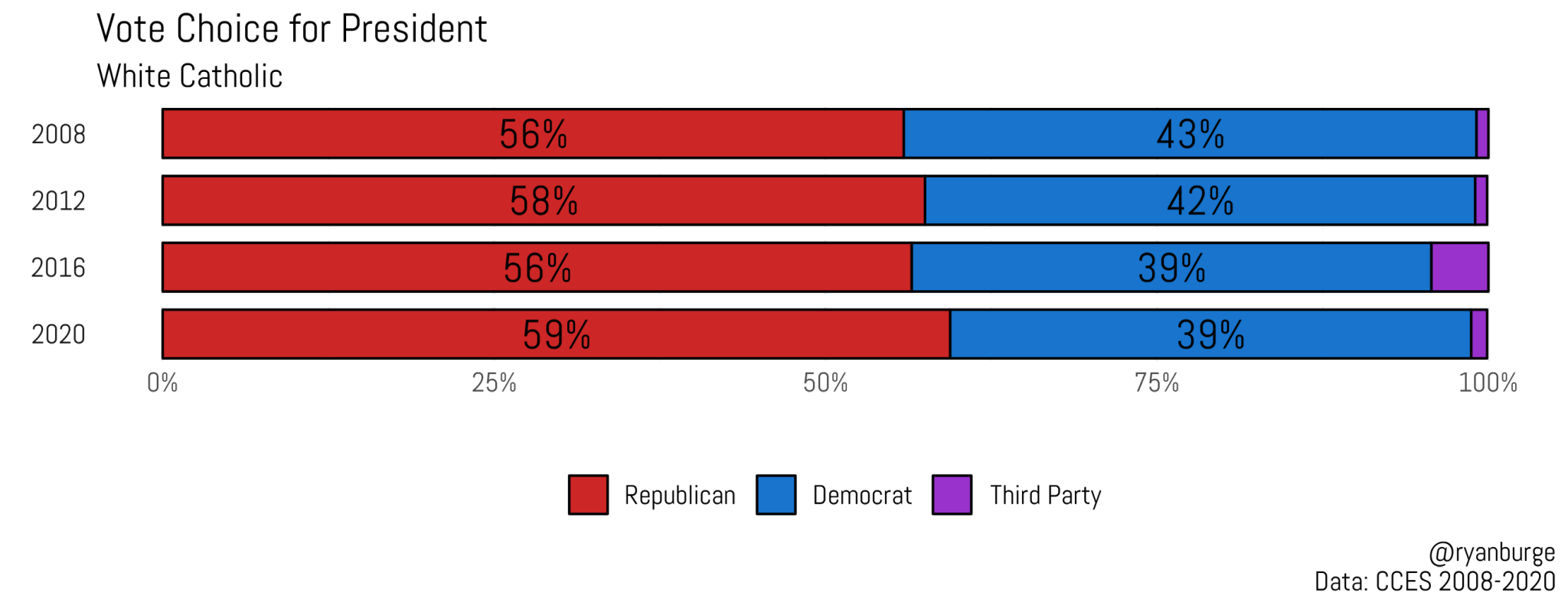
Who will show up to vote?
All the factors mentioned are related to the demographics of registered voters in the U.S.
In the play-up to “November Madness,” what matters is how all Americans respond. We outside the cult of Trump possess the power to disrupt the evangelical juggernaut. The result of the 2024 election sits with us. Our actions will determine the outcome, not the obvious problems within evangelical faith.
We will determine the future of democracy in America in this year’s election. It is now time to throw off fear and know that coming to the defense of democracy is not partisan politics; it is a spiritual necessity.
I believe the American (and Baptist) love of democratic dissent will once again rise from the ashes of authoritarianism to reassert its power. Barabara Tuchman wrote, “A nation in consensus is a nation ready for the grave.”
In their wake, true lovers of democracy will rebuild shared, common public spaces. Over time, there will be a national healing and a shift to a more democratic political culture. Those presently engaged in the effort of developing an expanding circle of democratic community possess the power to take back the nation from the zealots of evangelical faith and their trained champion, Donald Trump.
Crunching the numbers offers hope, but we must fight with determined politics, with organization to increase the number of voters. Doing the hard work of democracy calls us into the streets where we must fight nonviolently. Here is a way forward for regenerating the spirit of democracy powered by the zeal of an inclusive faith.
Rodney W. Kennedy is a pastor and writer in New York state. He is the author of 10 books, including his latest, Good and Evil in the Garden of Democracy.
Related articles:
The evangelical campaign against abortion faces three big pushbacks this year | Analysis by Rodney Kennedy
Most Americans believe democracy is at risk in 2024 — but for different reasons
One thing that must happen in 2024 | Opinion by Mark Wingfield

